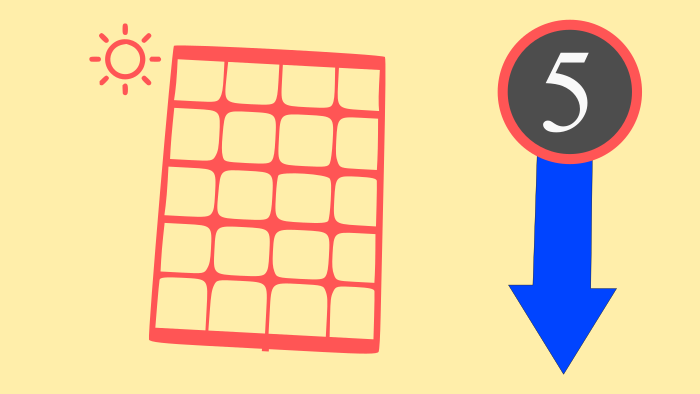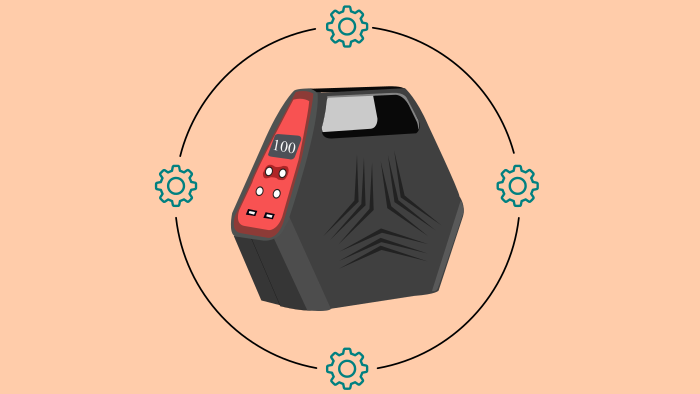Power outages can be frustrating and disruptive, especially when they last for an extended period. A generator can help you keep the lights on and your essential appliances running during an outage. However, choosing the right generator size can be challenging. If you are wondering how big of a generator you need to run your house, this article will guide you through the process.
Understanding Generator Sizing
Before choosing a generator size, it is crucial to understand the concept of generator sizing. Generators are available in different sizes and capacities, measured in watts. The wattage rating of a generator refers to the amount of power it can produce. The higher the wattage rating, the more appliances and devices a generator can power.
Factors to Consider When Choosing a Generator Size
Several factors can affect the size of the generator you need. Here are some of the essential considerations.
Wattage Requirement
The first factor to consider when choosing a generator size is your wattage requirement. You need to determine the total amount of wattage that your home needs to function during a power outage. To determine this, you need to assess the power requirements of the appliances and devices you want to power during an outage.
Starting and Running Watts
When choosing a generator, it is essential to consider the starting and running watts of your appliances. Starting watts are the power requirements of appliances when they are turned on. On the other hand, running watts refer to the amount of power appliances need to continue running. Some appliances, such as refrigerators and air conditioners, have high starting watts requirements.
Type of Appliances
The type of appliances you want to power during an outage can affect the generator size you need. Some appliances, such as refrigerators and heaters, have high wattage requirements. Additionally, some devices, such as computers and TVs, are sensitive to power fluctuations. It is essential to choose a generator that can handle the wattage and voltage requirements of your devices.
Frequency of Use
Another factor to consider when choosing a generator size is the frequency of use. If you experience frequent power outages, you may need a larger generator to meet your power needs. On the other hand, if power outages are rare in your area, you may not need a large generator.
Climate
The climate of your area can also affect the generator size you need. If you live in a region with extreme temperatures, you may need a generator with a higher wattage rating to power your air conditioning and heating systems.
Fuel Type
Generators can run on different fuel types, including gasoline, propane, and diesel. The type of fuel you choose can affect the size of the generator you need. For instance, diesel generators tend to be more powerful than gasoline generators.
Noise Level
The noise level of a generator is another factor to consider. If you live in a neighborhood with noise restrictions, you may need to choose a generator with a low decibel rating.
Budget
Your budget is another crucial factor when choosing a generator size. Larger generators tend to be more expensive than smaller ones. It is sorry about that. Here’s the continuation of the article:
Generator Sizing Calculation
To determine the size of the generator you need, you need to perform some calculations. First, you need to determine the total wattage requirement of your home. To do this, you need to add up the starting and running watts of all the appliances and devices you want to power during an outage.
Once you have the total wattage requirement, you need to add 20% to the total to account for the surge in power that occurs when appliances start up. The result is the minimum wattage rating you need for your generator.
Choosing the Right Generator Size
Once you have determined the wattage rating you need, you can choose the right generator size. There are two main types of generators: portable and standby generators.
Portable Generators
Portable generators are a popular choice for homeowners because they are affordable and versatile. Portable generators are available in different sizes and wattage ratings. They can power a few essential appliances or an entire home, depending on the size and wattage rating.
Standby Generators
Standby generators are a more permanent solution to power outages. They are installed outside the home and connected directly to the electrical panel. Standby generators can power the entire home automatically when the power goes out. They are more expensive than portable generators but are more convenient and reliable.
Maintenance and Safety Tips for Generators
Generators require regular maintenance to function correctly and safely. Here are some maintenance and safety tips for generators:
- Read and follow the manufacturer’s instructions for installation and use.
- Keep the generator outside and away from windows, doors, and vents to prevent carbon monoxide poisoning.
- Install a carbon monoxide detector in your home.
- Use the appropriate extension cords to connect appliances to the generator.
- Keep the generator dry and covered when not in use.
- Change the oil and air filter regularly.
- Test the generator regularly to ensure it is functioning correctly.
Conclusion
Choosing the right generator size is crucial to ensure that your home has enough power during an outage. Consider your wattage requirements, starting and running watts, type of appliances, frequency of use, climate, fuel type, noise level, and budget when choosing a generator size. Don’t forget to perform the necessary calculations to determine the minimum wattage rating you need. Finally, follow the maintenance and safety tips to ensure your generator functions correctly and safely.


